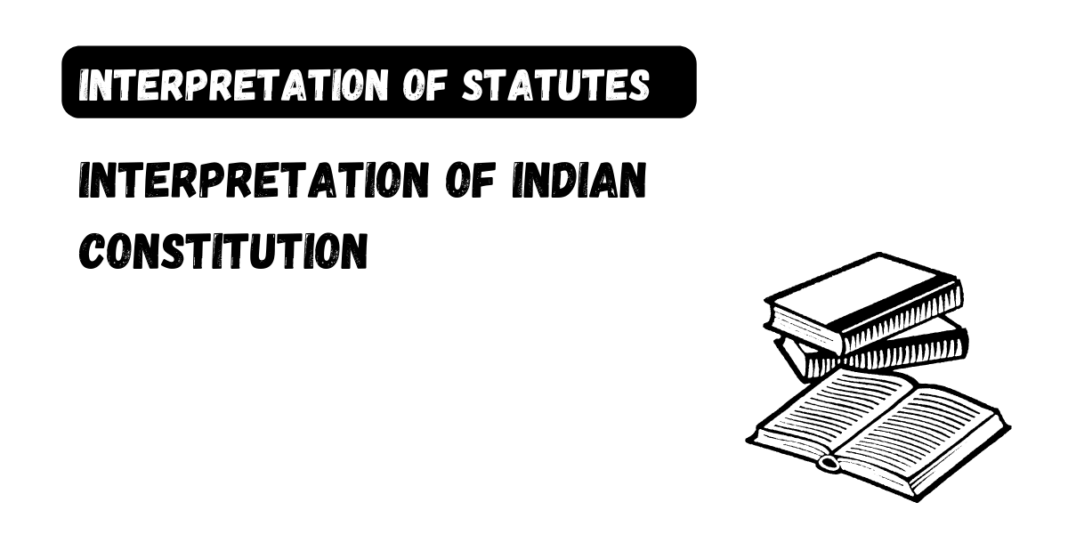The interpretation of the Indian Constitution is a complex and important task that is undertaken by the judiciary in India. The Constitution of India is a living document that has to be interpreted in the light of changing circumstances and social, economic, and political realities.
The Constitution provides for a basic structure that cannot be amended, and it is the role of the judiciary to ensure that the fundamental rights and principles enshrined in the Constitution are protected. The judiciary in India has the power of judicial review, which allows it to examine the constitutionality of legislative and executive actions.
The Supreme Court of India is the ultimate interpreter of the Constitution, and its decisions on constitutional issues are binding on all courts in India. The Court has developed a rich and nuanced jurisprudence on the interpretation of the Constitution, which has evolved over time in response to changing circumstances and social, economic, and political realities.
Key Principles and Methods of Interpretation that are commonly used in Indian Constitutional Law
- Literal interpretation: The principle of literal interpretation requires that the words of the Constitution be given their plain and ordinary meaning, without any departure or deviation. This principle is used to ensure that the original intent of the Constitution is respected.
- Golden rule: The golden rule of interpretation allows for a departure from the literal meaning of the Constitution where it would lead to an absurd result or an outcome that is clearly not intended by the framers.
- Purposive interpretation: The principle of purposive interpretation allows for a departure from the literal meaning of the Constitution where it is necessary to give effect to the underlying purpose or objective of a particular provision.
- Harmonious interpretation: The principle of harmonious interpretation requires that different provisions of the Constitution be read and interpreted together, so as to give effect to the overall scheme and structure of the Constitution.
- Historical interpretation: The principle of historical interpretation involves examining the historical context in which the Constitution was enacted, in order to understand the original intent of the framers.
- Liberal interpretation: The principle of liberal interpretation allows for a broad and generous interpretation of the Constitution, in order to ensure that it remains relevant and effective in changing times and circumstances.





